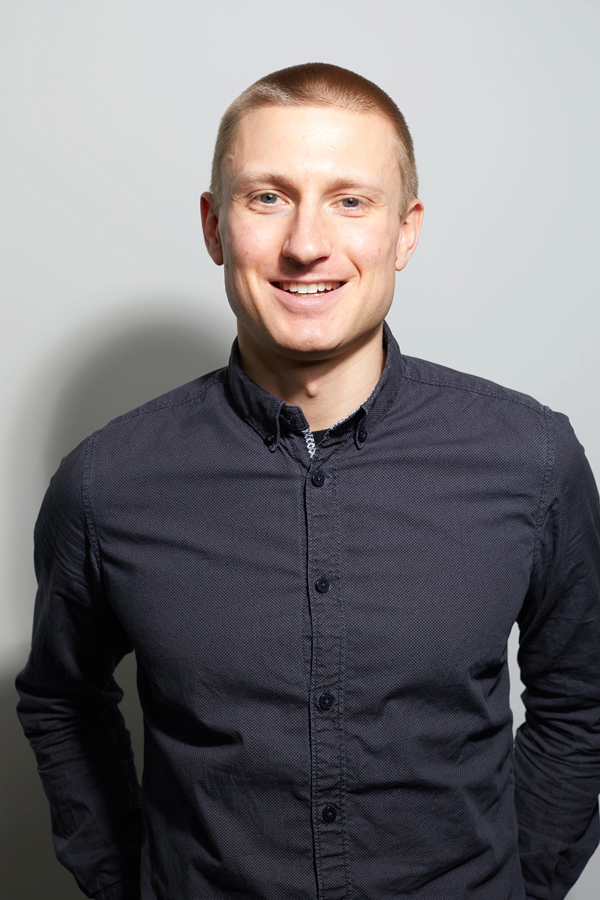in-the-media
Kontrolle von Digitalkonzernen im DSA: Germany’s Next Top Oversight Model
Contact
Dr. Julian Jaursch
Published by
netzpolitik.org
August 18, 2021
Who can oversee companies like Facebook, YouTube and TikTok? In Germany and Europe, several authorities are currently positioning themselves to enforce new rules for digital platforms. It would be better to establish new supervision at the EU level, Julian Jaursch argues at netzpolitik.org.
This article was published in German on netzpolitik.org. Read the English translation here:
Oversight of Big Digital Platforms in the DSA: Germany’s Next Top Oversight Model
Germany can get ready for a different kind of reality talent competition. This time, civil servants and public authorities are competing. The decision who wins will have consequences for millions of citizens in Germany and Europe. At stake is the question of who can oversee global digital corporations like Facebook and Google and impose penalties on them, for example, when it comes to dealing with illegal content. State and federal authorities in Germany are positioning themselves to show that only they are suited to handle this difficult task. But such a casting show is the wrong format for determining oversight for big tech companies.
The backdrop to all of this is a proposed EU law, the Digital Services Act (DSA). It is intended to impose transparency and due diligence obligations on tech corporations for the first time. For example, Facebook would have to explain how its algorithms display content and subsequently offer users the opportunity to adjust this themselves. Companies such as YouTube and Twitter would have to submit annual reports on whether their products potentially pose risks to children and young people and to freedom of expression – and then also rectify these risks. Such new obligations in the DSA draft mark an about-face in dealing with platforms that show many people cat videos, racist agitation, their cousin’s wedding invitation and advertisements for alleged COVID-19 miracle cures on a daily basis. For a long time, politicians relied on the platforms themselves to deal with potential dangers in these digital spaces. With the DSA, the EU now says clear rules and tighter oversight are needed.
The search for a coordinator
But who will provide this oversight? Who has the staff, budget and expertise to ensure that platforms as financially strong, powerful, but also diverse as Facebook, Instagram, TikTok, Twitter and YouTube abide by the rules? According to the draft DSA, the European Commission should play an important role. In addition, each EU country would have to appoint a competent authority for DSA implementation, for example, from the fields of telecommunications, media, consumer and data protection or competition. In Germany, among others, the Federal Network Agency and the state media authorities come to mind. One of these authorities must be nominated as a “coordinator”. This is where the casting show begins: Several regulatory bodies in Germany have already expressed interest in acting as coordinator, because the coordinator is the most important contact for the Commission and the platforms. Whoever secures responsibilities here has brought an important, promising task into their regulator’s portfolio.
No wonder, then, that some authorities are itching to play a role. The state media authorities, for example, are getting involved in the DSA discussions. In Germany, they have just been given more authority to supervise large platforms. At the federal level, it is likely to be primarily the Ministry of Justice that brings “its” authority, the Federal Office of Justice, into play. The office handles the implementation of the German Network Enforcement Act (NetzDG), which in part contains similar rules to the DSA. The Federal Network Agency, the Federal Cartel Office, the data protection authorities and various other German institutions would also come into question, as they all regulate parts of the DSA.
Effective supervision necessary
Ultimately, the German government would have to decide who is suitable as a coordinator. But no institution really is. All still lack crucial knowledge, resources and authority. It has even long been questioned whether the German authorities can be responsible at all – because the EU headquarters of Google, Facebook and many other tech companies are not in Germany. This question could soon be settled in court after Google recently filed lawsuits against the media regulator of Hamburg/Schleswig-Holstein and the Federal Office of Justice. On the surface, the issue revolves around some passages from the media regulation and the NetzDG, respectively, against which Facebook is also suing. Google justifies the lawsuits with concerns about the health and data protection of their users. In fact, however, the company is probably also concerned with the fundamental question of competencies: Tech companies like Google have always resented additional national rules as those in the NetzDG, insisting on supervision by Irish authorities because their headquarters are in Ireland. Their supervision, in turn, was criticized as too weak by German regulators. And now the DSA draft comes along and introduces national “coordinators”.
The DSA could put an end to this bickering over who is charge by establishing a specialized, independent supervisor at the EU level that can act on an equal footing with global tech corporations. Members of the European Parliament have developed initial proposals on how the draft DSA could be amended to this end. The DSA rules apply EU-wide to tech corporations offering EU-wide services. Why are the rules not enforced by an EU-wide body? Instead of selecting a single authority, which might not be able to focus exclusively on the DSA, as coordinator, competencies from different regulatory areas need to be combined. The DSA introduces many rules that are new and untested for platforms. Why are new enforcement mechanisms not established for this from the ground up? Instead of retrofitting authorities and relying on the Commission, a European platform agency is needed. To keep up the metaphor: Instead of open auditions, it would be better to specifically build a new group with new skills and talents.
Translated by Julian Jaursch.
Author
